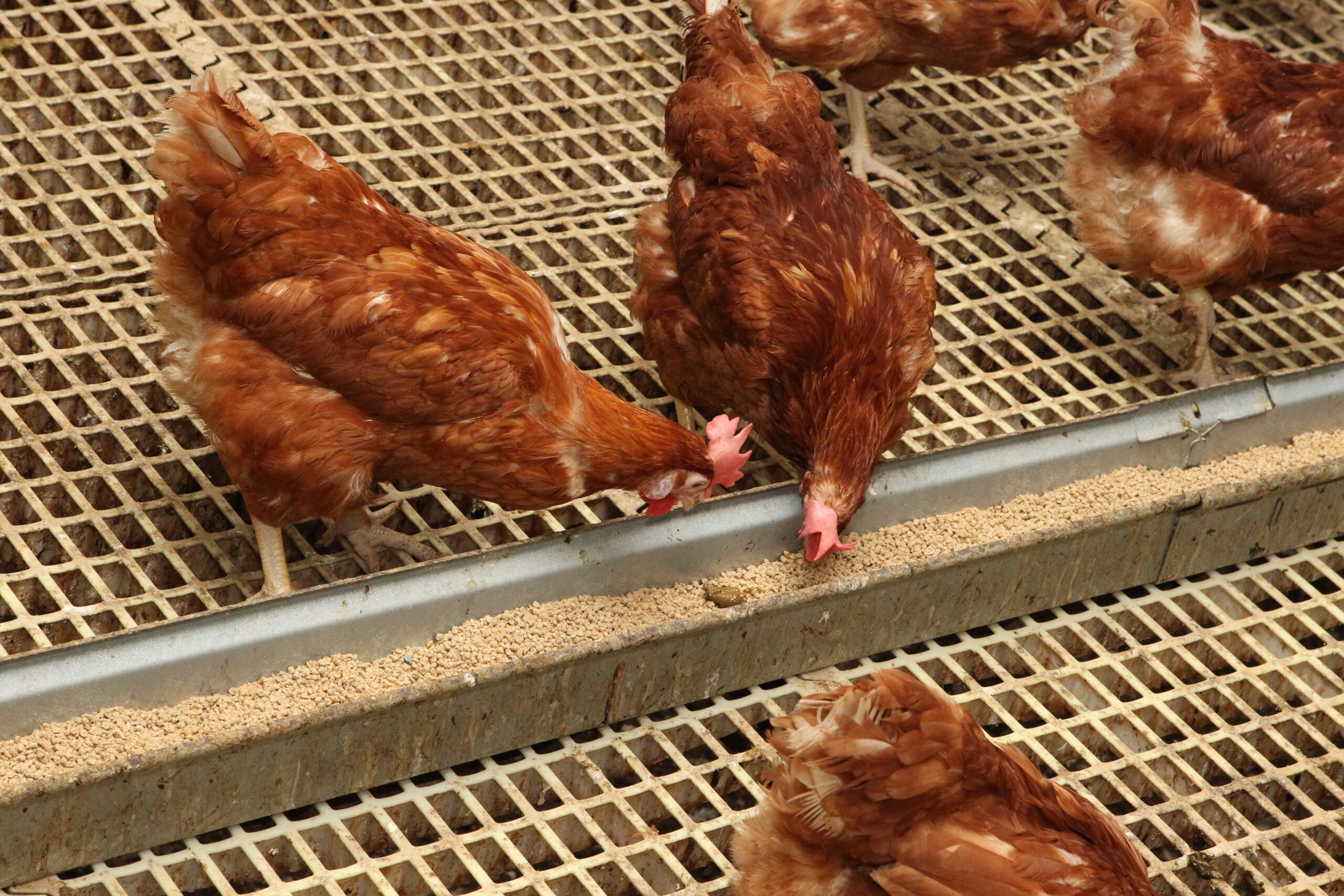When it comes to chicken husbandry, one of the most common problems that farmers and chicken owners face is a chicken laying eggs on the ground. This can be a frustrating and messy experience, as eggs can be easily damaged or become contaminated when they are exposed to the elements and other animals. Fortunately, there are a few simple steps that can be taken to prevent chickens from laying eggs on the ground and to ensure that eggs are collected safely and hygienically. This article will provide an overview of how to handle a chicken laying eggs on the ground.
Benefits of Chicken Laying Eggs Outside Coop
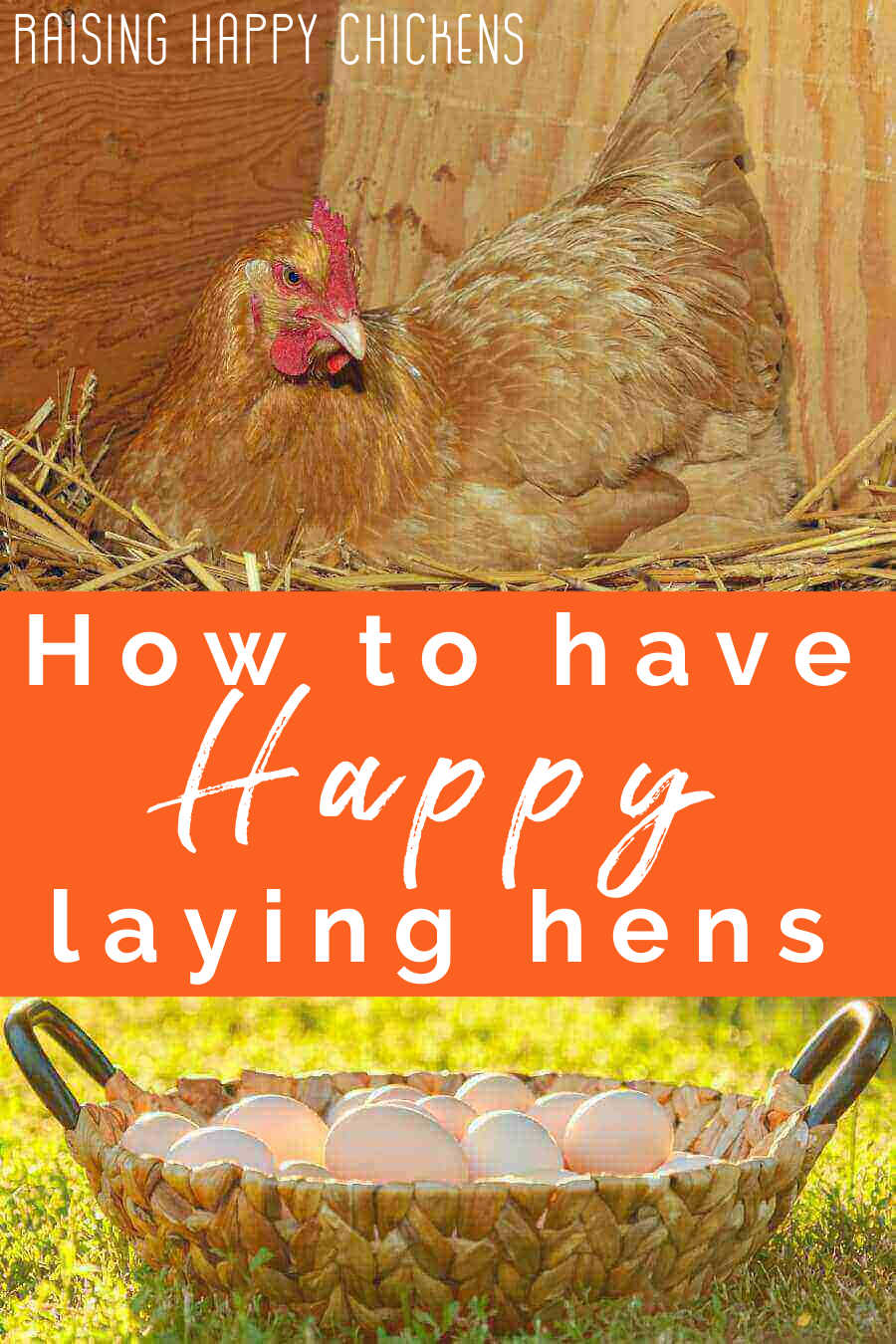
- More Natural Environment: Chickens that lay eggs outside their coop are exposed to a more natural environment. They get plenty of fresh air, natural sunlight, and can move around freely, which helps to keep them healthy and strong. The eggs that they lay will also be healthier, as they are not exposed to any artificial lighting or other environmental factors.
- Lower Risk of Disease: Keeping chickens in an enclosed coop can increase the risk of disease, as the chickens’ droppings can accumulate and create a breeding ground for bacteria. By laying eggs outside the coop, chickens are exposed to fewer germs and are therefore less likely to contract any type of disease.
- Less Maintenance: When chickens lay eggs outside the coop, they do not require as much cleaning and maintenance. This is because the eggs are not exposed to the dirt and other debris that can accumulate inside a chicken coop. As a result, there is less need to clean and maintain the coop, saving time and effort.
Factors to Consider Before Allowing Chicken to Lay Eggs Outside Coop
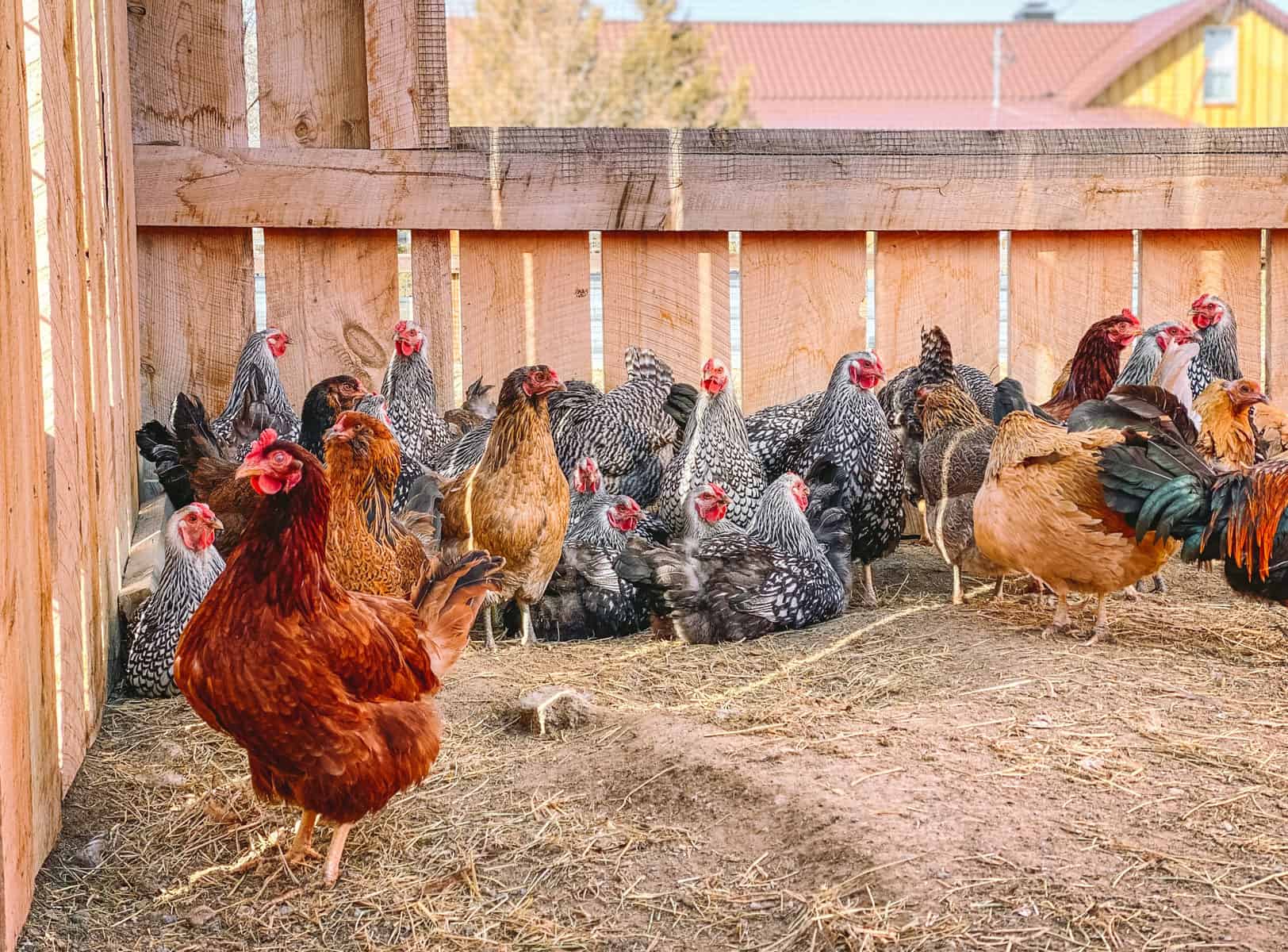
- Protection from Predators – Chickens are vulnerable to predators, so it’s important to ensure they are safe when they are free-ranging. Consider ways to protect them such as fencing or providing a covered area.
- Availability of Food and Water – Chickens need access to food and water while they are outside the coop. Make sure they have access to food and water sources, such as a chicken waterer, feeder, and treats.
- Climate – Make sure the climate is suitable for the chickens. In hot climates, make sure they have plenty of shade and in colder climates make sure they have access to a warm area.
- Safe Areas for Nesting – Chickens need a safe area to lay their eggs. Consider providing nesting boxes for them to lay eggs in or make sure there is a safe area for them to lay eggs in the open.
- Supervision – Make sure there is someone who can supervise the chickens while they are free-ranging. This will help to ensure they are safe and protected from predators.
What to Do When a Chicken Lays Eggs on the Ground
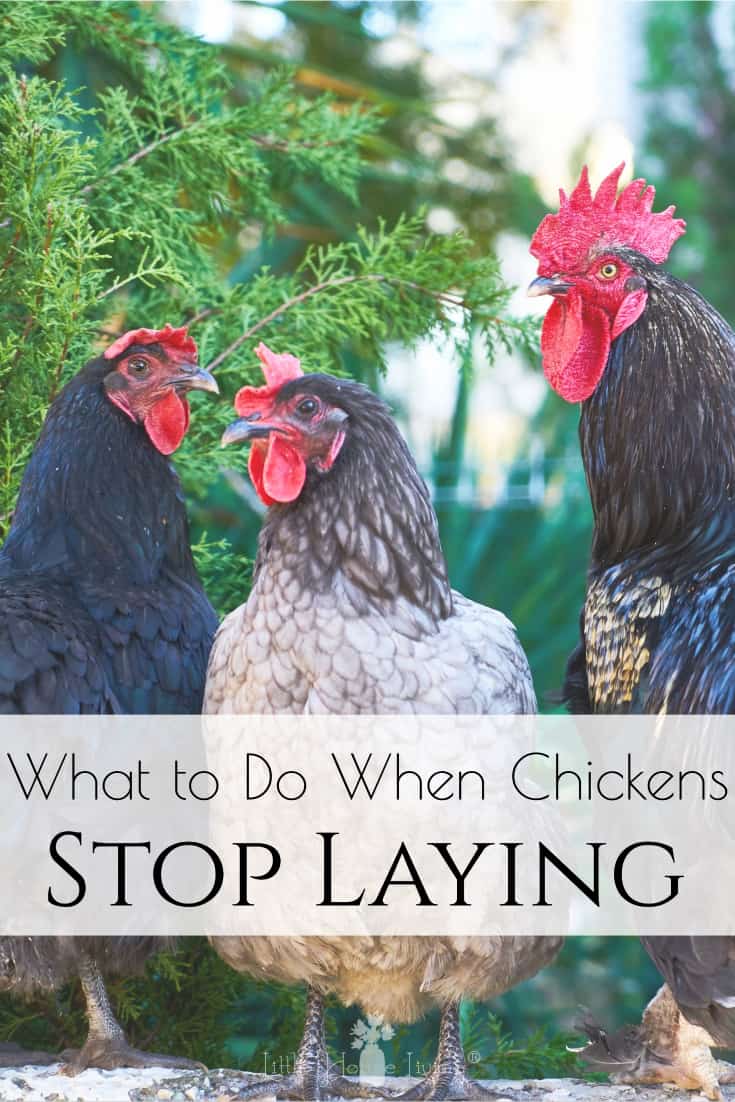
Collect the Eggs
To ensure a healthy and safe environment for the eggs, it’s important to collect them as soon as possible. If left on the ground, the eggs could become contaminated, cracked or eaten by predators. Use a soft cloth or paper towel to carefully pick up each egg and place it in an egg carton. Make sure each egg is stored with its large end up and the air cell facing down.
Create a Nest for the Chicken
Once the eggs are safely collected, it’s important to create a comfortable and secure nesting area for the chicken. A nesting box should be placed in a quiet, shaded area and lined with soft straw or wood shavings. To encourage the chicken to lay eggs in the nesting box, provide treats such as mealworms or cooked grains. Additionally, placing a fake egg in the nesting box can also help encourage the chicken to lay its eggs in the box.
Once the nesting box is set up, it’s important to check the eggs daily and collect them as soon as possible. If the eggs are left on the ground, the chicken may start to lay eggs elsewhere, making it more difficult to collect them.
How to Prevent Chickens from Laying Eggs on the Ground
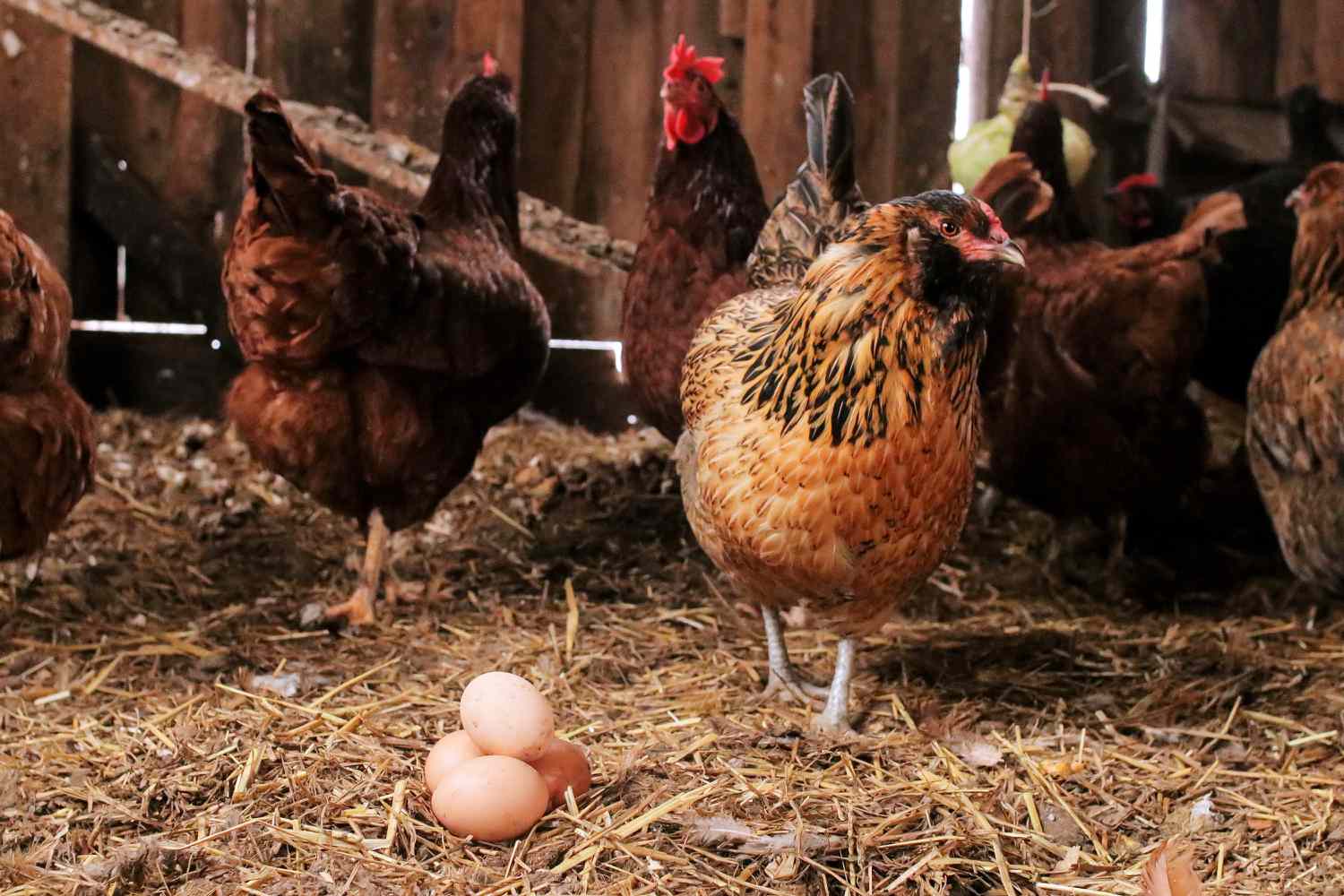
Change Nesting Location
Move the nesting area of your chickens from the ground to a higher area to reduce the chances of the eggs being laid on the ground. Provide a comfortable area of hay or straw with a roof over it to protect the eggs from the elements.
Provide Adequate Nesting Material
Make sure that the nesting area has enough nesting material such as straw or hay for the chickens to lay their eggs on. This will provide them with a comfortable area to lay their eggs and keep them protected from the elements.
Use Nest Boxes
Provide nesting boxes to your chickens to encourage them to lay their eggs in the boxes instead of on the ground. Make sure that the boxes are large enough for your chickens to enter and comfortable enough for them to lay their eggs.
Maintaining the Nest
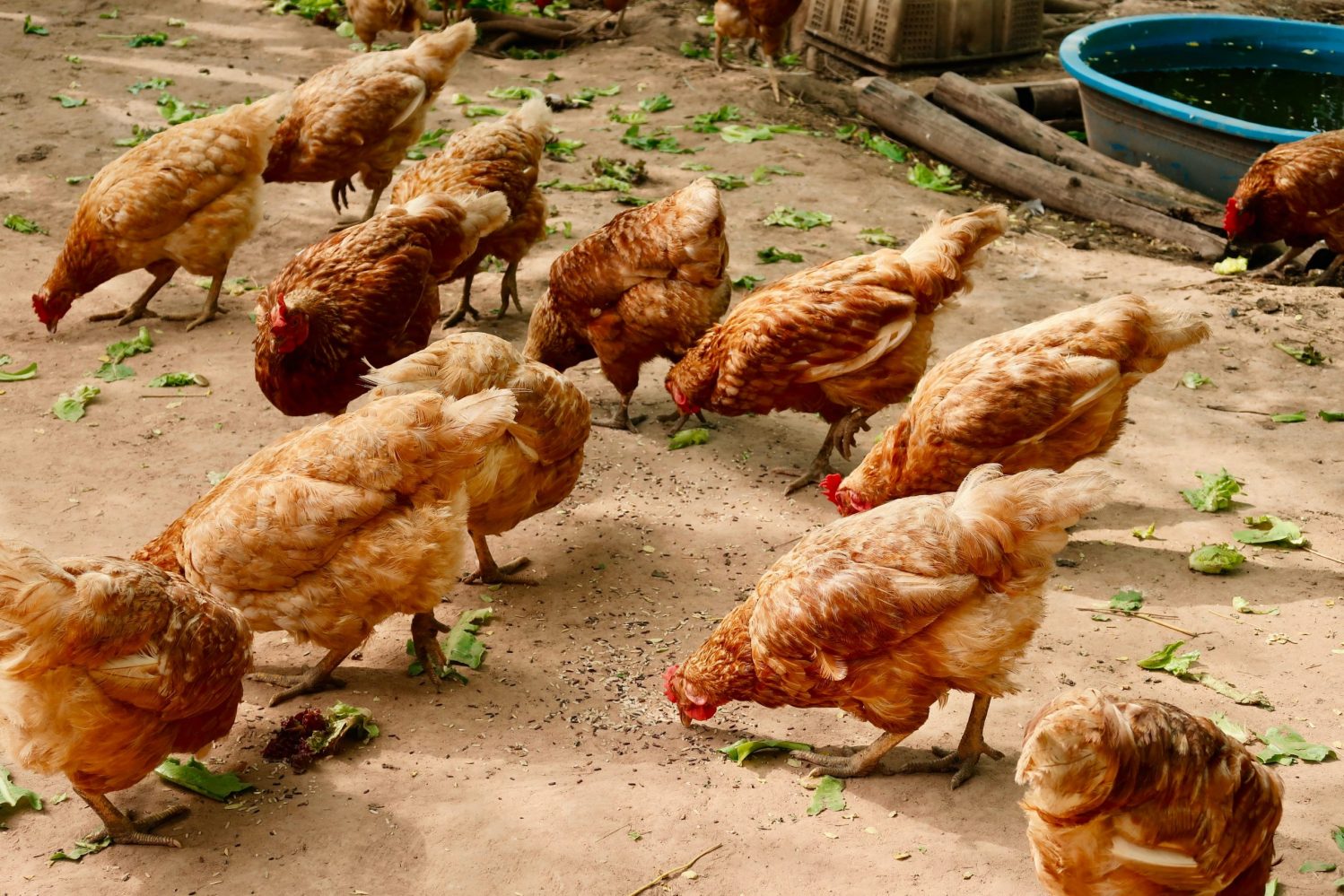
1 Provide a comfortable nesting area with a soft bedding material like straw or hay.
2 Keep the nesting area clean and tidy by replacing the bedding regularly.
3 Place a few pieces of cardboard in the nest to provide a pleasant environment.
4 Place a few golf balls in the nest to encourage the chicken to lay her eggs in it.
5 Place a few nesting boxes in the coop to provide additional nesting options for the chicken.
6 Provide a source of light in the nesting area to encourage the chicken to lay her eggs in the nest.
7 Make sure the nesting area is well ventilated to prevent the eggs from overheating.
8 Provide privacy for the chicken by placing a curtain or other barrier around the nesting area.
9 Monitor the nesting area for signs of predators or other hazards that could disturb the chicken or her eggs.
What to Do When Eggs are Cracked

Clean: Clean the cracked egg off the ground and discard it.
Sanitize: Sanitize the area and all equipment used.
Discourage: Discourage the chicken from laying eggs on the ground. Place nesting boxes in the area that the chicken is laying in.
- Put straw or hay in the nesting boxes.
- Check the nesting boxes regularly for eggs.
- Remove any broken eggs.
Protect: Put a protective barrier around the nesting boxes to protect the eggs from the chicken.
Watch: Observe the chicken to ensure it is not laying eggs on the ground.
Possible Reasons Why the Chicken is Laying Eggs on the Ground
Lack of Nesting Boxes
One of the most common reasons why chickens lay eggs on the ground is because they don’t have access to an adequate number of nesting boxes. Nesting boxes should be placed in a quiet, dimly-lit area of the coop and should be filled with clean, soft bedding. A good rule of thumb is to provide one nesting box per four hens.
Age
Young hens, or pullets, may not yet be used to using nesting boxes. As they get older and more familiar with their environment, they are more likely to use nesting boxes.
Stress
Chickens may also lay eggs on the ground if they are stressed or frightened. Make sure the coop is clean and secure, and provide plenty of food and water.
Breed
Some breeds of chickens, such as bantam breeds, may be more likely to lay eggs on the ground than others.
Predators
Chickens may also lay eggs on the ground if they are trying to protect them from predators. Make sure the coop is secure and predators, such as rats and raccoons, are unable to get in.
Egg Quality
Chickens may also lay eggs on the ground if the eggs are of poor quality or abnormally shaped. This is usually due to poor nutrition or a lack of calcium. Make sure the chickens’ diet is balanced and that they have access to a calcium supplement.
Frequently Asked Questions
What type of environment should chickens be kept in?
- Dry Environment: Chickens should be kept in a dry and well-ventilated environment. This will help reduce the risk of respiratory illnesses, which can be fatal to chickens.
- Protected from Predators: Chickens should be kept in an environment that is protected from predators such as foxes, raccoons, and hawks. This can be achieved by keeping the chickens in an enclosed area, such as a chicken run.
- Shelter from the Elements: Chickens should also be provided with shelter from the elements. This can be provided by a coop, which is a special house for chickens. The coop should be large enough for the chickens to move around and provide them with enough space to lay eggs.
- Adequate Space: Chickens need enough space to move around and forage for food. If there are too many chickens in one area, they can become stressed and aggressive. It is also important to make sure that the chickens have enough space to lay eggs, so they don’t lay them on the ground.
How often should eggs be collected from the ground?
- Daily – Eggs should be collected from the ground daily to prevent spoilage and to ensure that they are safe to eat.
- As Soon As Possible – Eggs should be collected as soon as they are laid in order to prevent them from rolling away and becoming lost or eaten by animals.
- Safely – Eggs should be collected safely with gloves to protect against bacteria and other contaminants.
It is important to remember that eggs should be collected from the ground often to ensure that the chickens are kept healthy and safe.
What type of predators should I be aware of when keeping chickens?
- Raccoons – Raccoons are notorious for preying on chickens, especially at night. They can climb fences and even open chicken coop doors, so it’s important to ensure that the enclosures are secure.
- Foxes – Foxes are also a major threat to chickens, particularly in rural areas. They can jump fences and dig under them, so it’s best to ensure that the enclosures are well-protected.
- Hawks – Hawks are known to prey on chickens and can swoop down and snatch them out of the air. It’s best to keep chickens in enclosed areas, such as a chicken coop, to help protect them from hawks.
- Dogs – Dogs, especially stray ones, can be a danger to chickens. It’s important to ensure that any fence surrounding the chickens is tall enough to keep dogs out. Additionally, it’s best to keep an eye out for any stray dogs in the area.
- Snakes – Snakes can be a danger to chickens, especially in areas with a large snake population. It’s best to ensure that the enclosures are secure and to check for any signs of snakes around the area.
- Coyotes – Coyotes are known to prey on chickens, especially in rural areas. It’s best to secure the enclosures, such as a chicken coop, to keep coyotes out.
How can I encourage my chicken to lay eggs in the coop instead of on the ground?
- Provide a Nest Box: Place a nest box in the coop for the chicken to lay eggs in. A standard nest box should be at least 12-14 inches square and 12-14 inches deep. Line the nest box with a soft material such as straw or wood shavings to make the chicken feel comfortable and safe when she lays the eggs.
- Keep the Coop Clean: Make sure the coop is kept clean and free of debris or debris that could attract predators. This will help keep the chickens feeling safe and secure when they lay eggs.
- Install a Light: Install a light in the coop that will come on during the night. This will provide the chickens with a warm, comfortable place to lay eggs. It will also help to keep predators away.
- Provide a Roost: Provide a roost in the coop that the chickens can use to sleep at night. This will make the chickens feel safe and secure while they sleep and help encourage them to lay eggs in the coop.
- Encourage Egg Laying: Place treats or food in the nest boxes to encourage the chickens to lay eggs. This will help to remind the chickens that the nest box is the right place to lay eggs.
By following these steps, you should be able to encourage your chicken to lay eggs in the coop instead of on the ground.
What are the Risks of Leaving Eggs on the Ground?
Leaving eggs on the ground can put them at risk of being damaged or eaten by predators. The eggshells can be easily cracked, leaving the egg inside exposed to bacteria and other pathogens. If the egg is not found quickly, the embryo inside may not develop properly and the egg will not hatch. In addition, leaving eggs on the ground is an invitation for predators like skunks, raccoons, and rats to find and eat them.
Conclusion
It is important to provide a safe and comfortable environment for laying hens with adequate nesting boxes to encourage them to lay eggs in a designated spot. If the chickens are still laying eggs on the ground, it is important to collect the eggs regularly and use them within a few days to prevent the spread of diseases. Additionally, providing a comfortable nesting area with fresh bedding, easy access to food and water, and enough room for the birds to move around can help encourage the chickens to lay eggs in designated areas.
